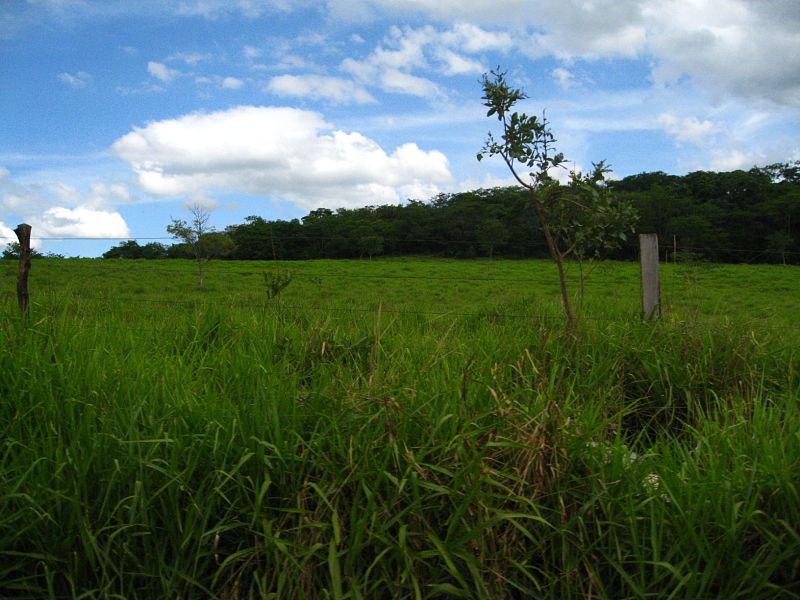Fighting dengue in Paraguay, climate change in the Brazilian Amazon, and ancient microorganisms in Antarctica.
ANTARCTICA
A team of scientists has determined that a major cause of melting corresponds to the bottom of submerging ice shelves.

Researchers drilling to the bottom of Lake Hodgson of Antarctica have found microorganisms that date back 100,000 years. DNA studies will soon determine whether these findings are an unknown species.
ARGENTINA
A University of Mendoza study has demonstrated the neuroprotective effects of progesterone and their possible application as treatment for Parkinson’s disease. This research was commended by the Society of Biology of the Cuyo.
A team of researchers from the Universidad Nacional del Litoral has isolated bacteria from infant feces and breast milk for use in probiotics. The team’s intention is to grow up these microorganisms to commercial quantities so they can be incorporated into the daily glass of milk in low-income schools.
